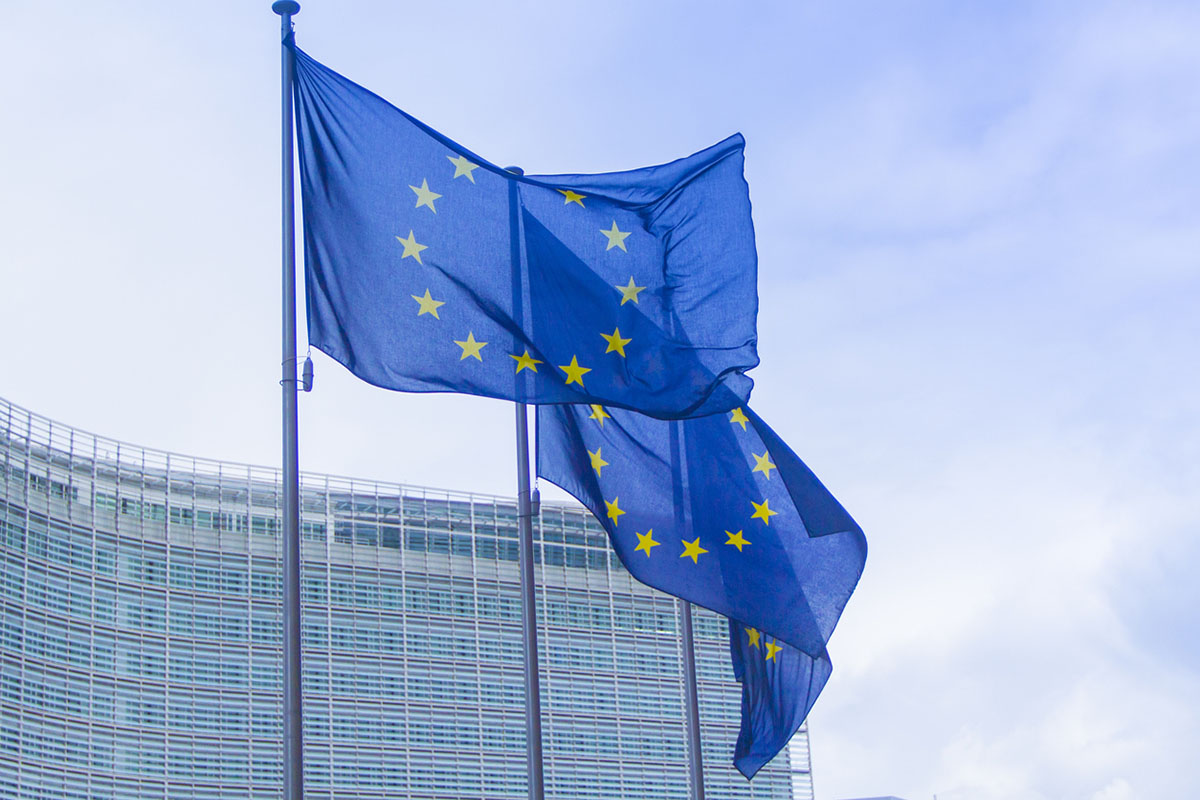Europe and China are two of the world’s three largest economic and trading powers. This makes our relationship one of the most consequential of the 21st century. From the outset, Europe’s approach has been clear, consistent, and results-driven. We are defending our interests. We are carefully implementing a de-risking strategy. We are strengthening our economic security and our competitiveness. Meanwhile we remain committed to frank, respectful and open dialogue with China. Today’s Summit provided exactly that. It was a valuable opportunity to work toward concrete progress in key areas of our bilateral relationship. But we also clearly explained our concerns to the Chinese leadership, particularly in trade and investment. Let me start with this.
A few figures: Today, the EU accounts for an impressive 14.5% of China’s total exports. Yet China only represents 8% of our exports. These numbers speak to the scale of our relationship. But they also expose a growing imbalance. This is mostly due to an increasing number of trade distortions and market access barriers. Unlike other major markets, Europe keeps its market open to Chinese goods. This reflects our longstanding commitment to rules-based trade. However, this openness is not matched by China. The EU’s trade deficit with China has doubled in the last decade reaching more than EUR 300 billion. So we have reached a clear inflection point. As we said to the Chinese leadership, for trade to remain mutually beneficial, it must become more balanced. Europe welcomes competition. But it must be fair. So we raised three priority areas where we believe progress is both possible and needed.
First, market access. Reciprocity is a simple and clear principle in this regard. At our Summit, I referred to the importance of reciprocity in public procurement. Today we agreed to work on concrete solutions.
Second, we discussed at length the issue of overcapacity in China’s economy, in crucial sectors like steel, solar panels, electric vehicles, and batteries. The subsidized production does not match the local demand in China. Therefore, overcapacity produced here go to other markets. The more other markets restrict access to Chinese exports, the greater the risk of trade diversion and pressure on our market. This puts our own industrial competitiveness at risk, at a time when we are making significant investments in the clean energy transition. The Chinese leadership has started to look into this issue under the term involution and expressed willingness to support more the consumption and less the production part . This is important. We need to see progress on this issue. Because without, it would be difficult for the EU to maintain its current level of openness.
The third issue we raised was export controls on rare earth and permanent magnets from China. These export controls have placed significant strain on some European companies. To keep trust in our trade relationship, we need reliable and secure supply of critical raw materials from China. Being seen as a reliable supplier and partner is clearly aligned with China’s long-term economic and strategic interests. So we acknowledged China’s efforts on fast-tracking licences for the critical raw materials. And we agreed – and this is new – to have an upgraded supply mechanism. In other words: If there are bottlenecks, this upgraded supply chain mechanism can immediately check and solve the issue that is out there.
The need to rebalance our relationship is even more urgent in today’s context of the global rise of tariffs. As two of the world’s largest economies, the EU and China share a responsibility to uphold and reform the global trading system so we can keep it open, fair and grounded in rules. This responsibility also extends to upholding international norms, rules and institutions. This is why we raised the critical issue of China’s support for Russia’s war of aggression against Ukraine. This has a direct and dangerous impact on Europe’s security. We expressed together our expectations that China would follow up on our concerns and that it would use its influence to bring Russia to accept a ceasefire, come to the negotiation table, enter peace talks and put an end to the bloodshed. How China continues to interact with Putin’s war will be a determining factor for our relations going forward.
Finally, we discussed climate change. Our joint statement on climate and the environment is a big step forward. We both see the opportunities to work closer together in sectors such as emissions trading, carbon capture and storage or the circular economy. And our cooperation can set a global benchmark. Together, the EU and China must uphold the Paris Agreement now more than ever. The EU is doing its fair share. China’s climate ambition matters immensely. We are both convinced that the triple planetary crisis of climate, biodiversity loss and pollution requires a strong multilateral framework. We both want COP30 in Belem to deliver ambitious results.
From this Summit I gather that there is a lot that we can do together. Despite our differences – and we have differences – we can find pragmatic solutions. Europe will always defend its interests, as China would. We are ready to enhance bilateral cooperation and build a more balanced and more stable relationship. The next 50 years of EU-China relations will be shaped by the choices we make today.

